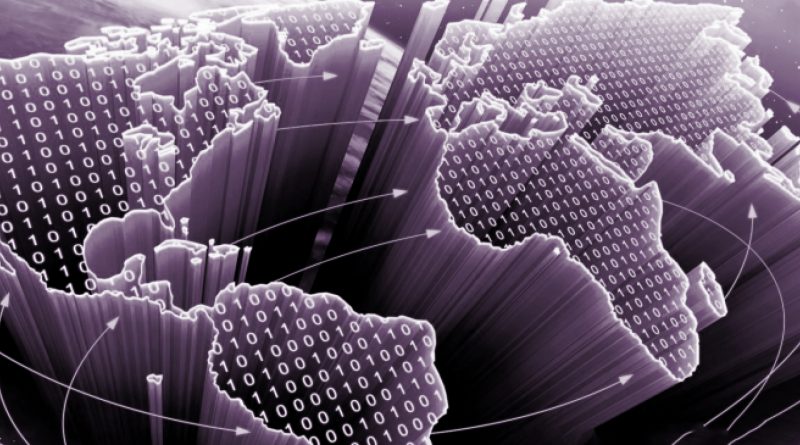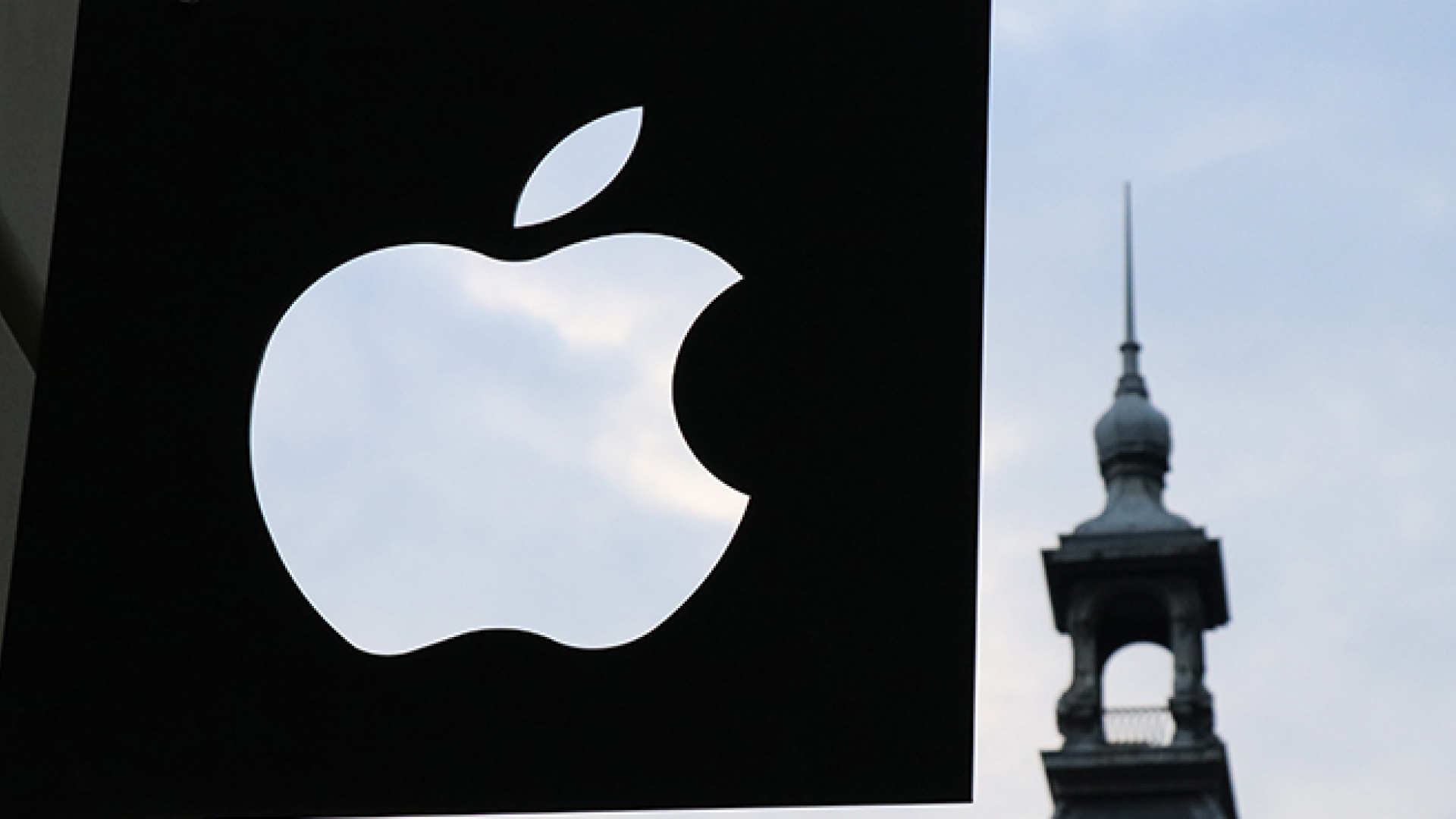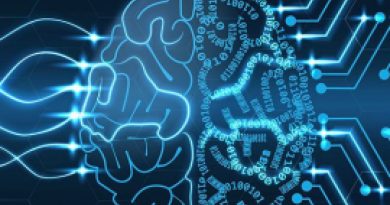You Have Been Hacked
Data rights are human rights.
-Peter Bradshaw, the Guardian
Most of us don’t give much thought to our online privacy, and if we do it’s with some mild annoyance. We know we are being tracked, our shopping habits catalogued, our likes and dislikes logged, even our political inclinations are recorded somewhere. It’s easy to brush off until we consider what would happen if all that data collected was somehow used against us.
Used against us in “an Enemy of the State” kind of way?
Possibly. But more likely in a way that is manipulative or exploitative. To understand, we need to review how the Internet works. We all have our connections: phones, laptops, desktops. These have a unique address or phone number so that when any activity from that device goes out to the Internet, it can be traced back to the device. When we visit a site we are actually accessing another computer, or a room full of computers. Every site attaches a secret tracking code on your device so they know where you go next, and where you went before you arrived. Most sites track your selections, the articles you read, the ads you click on. They add that to the information you enter. Everything you do online is stored in a big data cloud somewhere. Some of the information you even agreed to share.
Today in the United States we have somewhere close to four or five thousand data points on every individual … So we model the personality of every adult across the United States, some 230 million people.
- Alexander Nix, chief executive of Cambridge Analytica, October 2016
So there are bits of me in a million different places?
Nope. All that data is aggregated into just a few spots. Facebook knows the most about each of us because we share so generously. Google collects lots of data on us, and so does Amazon. What this all amounts to is that big data companies know a lot about us.
So it’s just raw data?
It’s actually a digital profile of who you are. And new Artificial Intelligence programs are stitching it together with behavioral patterns and psychological archetypes to create a behavioral profile of you. Think of an avatar who acts and thinks just like you. This digital double is weird because it actually is more you than you. Credit card companies, etailers, underwriters, even the government looks at the digital you, not the physical you. They make their decisions based on the virtual you. This is mostly good because we can do things online now in a matter of minutes that used to take days.
What happens when that data gets in the wrong hands?
Now that is the big question. Your digital self is out there shopping and conversing and reading. It gets more and more defined. And, it informs the physical you. Digital you is being served products and movies and news marketers predict you will like based on your behavioral profile. And the physical you reinforces your likes, dislikes, and views on political issues. Before long, the two are inseparable, you’ve done a mind-meld. And the scary thing is, these researchers who are pushing your behavioral buttons are the same ones who study addiction so they can figure out how to get you addicted to your screen.
There are millions of people out there scrolling and scrolling to get the dopamine fix. And those big data overlords are categorizing humans like sheep: big, small, fluffy, left-leaning, right-leaning…And then, a company like Cambridge Analytical comes along. Remember that name? CA is the company that takes all those online behavioral profiles and parses them into groups. Then they use that data to design nefarious campaigns meant to manipulate, disinform, mislead, and downright destroy objectivity. They (and the Russian hackers) were at the heart of accusations surrounding Trump’s campaign disinformation dissemination. They have influenced politics in England, Mexico, India, Kenya and more. They were even paid by one Mexican party to not help its opponent. CA identifies a common behavioral trait among a group during an election cycle. Then they exploit that behavior to either support or discredit a political candidate.
Give me an example.
Fake news. Based on behavioral profiles obtained from big data companies, Cambridge Analytica and their ilk can target “persuadables” with fake news stories—-usually containing salacious details that make it irresistible to pass on to friends. Opinions are formed and elections are swayed.
Cambridge Analytica is gone. So now what? The major players just went to other companies. But that’s not the point. The big picture is that your personal information, your digital profile is being stored on big data clouds. It doesn’t even have to be hacked to be exploited. It can be bought by anyone, even entities that want to manipulate you, your buying habits, your political persuasions, even your current attitudes about different races and social classes. Digital addiction leads to harder drugs like false narratives, apathy, or worse, violence in the name of some made up cause.
The great hack is not only that our data or security has been compromised. The hack that we are all experiencing is the hack of our right to think and act freely, without coercion from an outside entity for nefarious purposes.
We cannot allow the unalienable rights of life, liberty and the pursuit of happiness be sacrificed to the tyranny of anarchists who would profit by the chaos of their manipulations. Data rights are the next human rights movement.



